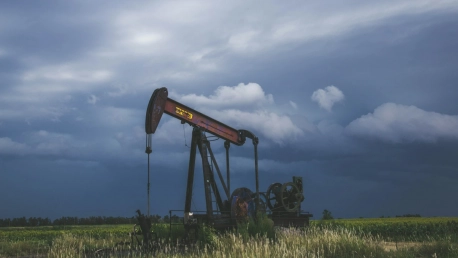North Dakota’s energy sector, a crucial driver of the state’s economy, faces new challenges under the Bureau of Land Management’s (BLM) latest onshore oil leasing rule. This regulatory shift, presented as a stride towards better resource management and environmental stewardship, has proven contentious. For oil and gas producers accustomed to the longstanding parameters of federal leases, the alterations represent not progress but an impediment.Senator Kevin Cramer has emerged as a vocal opponent, critiquing the rule for its potential to heighten operation costs and threaten North Dakota’s energy workforce. Cramer contends that the rule, although an offshoot of the Inflation Reduction Act, paradoxically weaves inflationary pressures into a sector already navigating a complex economic landscape.
Economic Implications of the New Rule
The financial implications of the BLM’s rule are manifold: companies must now grapple with augmented bonding requirements, inflated royalty rates—climbing to 16.67 percent from 12.5 percent—and higher minimum bids and rental rates. These increased costs of doing business on federal lands may stifle exploration and extraction activities, ostensibly limiting the state’s oil production capacity and economic growth.Simultaneously, a new fee system for filing expressions of interest and a leasing preference that accounts for environmental concerns further complicates the oil leasing process. Critics like Cramer argue such changes could slow the pace of operations, yield delayed energy supplies, and possibly boost consumer fuel prices.
The Environmental and Social Balance
Supporters of the new regulations argue they achieve two goals: fair compensation for public resources and environmental protection against aggressive resource extraction. By increasing fees and enforcing stricter ecological guidelines, proponents believe these steps can mitigate damage to wildlife, cultural landmarks, and ecosystems.The Bureau of Land Management suggests that these changes are part of a conscious move towards a sustainable energy future, balancing domestic energy needs with the urgency of addressing climate change. However, Senator Cramer and others point out that many in North Dakota rely on the oil industry for jobs and economic health. The rule’s effects could therefore pose immediate challenges to these communities, emphasizing the need for a balanced approach to energy policy that considers both environmental stewardship and economic stability.









